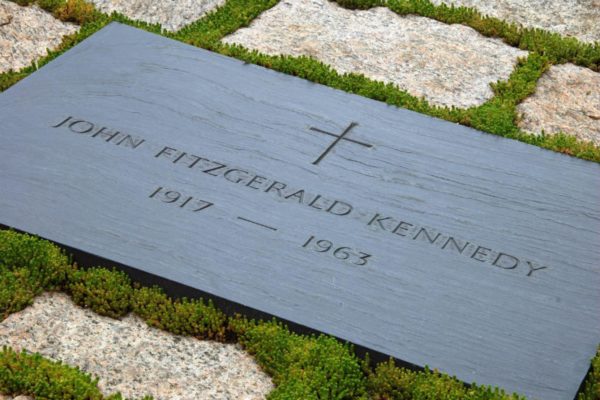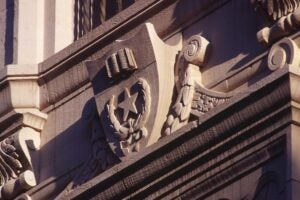I learned recently that it was my father, the economist John Kenneth Galbraith, who in 1957 introduced the young Massachusetts Senator John F. Kennedy to the Washington representatives of Algeria’s National Liberation Front, a meeting that led to Kennedy’s July 2, 1957 speech endorsing Algerian independence – and by extension, the cause of freedom throughout the colonial world.
In his presidency, Kennedy appointed top diplomats and close friends to the leading countries of the non-aligned movement, courted the new African leaders at state visits in Washington, supported the United Nations, and when the Algerian president Ahmed Ben Bella was in New York in October, 1962, Kennedy overrode the State Department to receive him at the White House – and also to send him on in a Cuban plane, carrying a private message to Fidel Castro with information still highly secret at that moment – that the United States knew about the Soviet missile installations in Cuba.
We know too that Kennedy – a combat veteran – was highly skeptical of his military and intelligence advisers and – after the disaster at the Bay of Pigs, resolved never to give them free rein. He settled the missile crisis with a backdoor deal, averting what would otherwise certainly have been a nuclear war. Thereafter he worked to defuse the Cold War, through the atmospheric Test Ban treaty and other measures. And we know, largely through the work of the historian John Newman whose landmark JFK and Vietnam has just been republished, that Kennedy would not have committed combat troops to Vietnam and had decided, in October, 1963, to withdraw the advisers already there.
It is therefore a fair bet that were Kennedy president today, he would not have turned his generals loose in Syria. And it is difficult to imagine our only Roman Catholic president so far launching himself on the world stage with a visit to three theocracies, two of them the recipients of vast arms flows, employed daily in massacre–the Saudis in Yemen–and in an unending occupation, the case of Israel in the West Bank.
Invidious comparison is cheap work. Let us therefore also remember that Kennedy and Trump were alike in one key respect: they sought dialog and detente with our greatest adversary, then the Soviet Union, today the Russian Federation, on ground of shared interest in peace and coexistence. Unlike today’s Democrats, JFK didn’t demonize the Russians, and advanced no illusory schemes to destabilize or defeat the Soviet regime. He knew that to depict any foe as unmitigated evil opens the door to a war of annihilation, which none would survive. So he spoke, instead, at American University in July, 1963, of how we all breathe the same air, and are all mortal.
Of course, it would not be right to base a comparison between presidents solely on points of policy. Kennedy was good-humored, intelligent, well-informed – but no saint. By any standard including those of the present day his private approach toward women was predatory. His family ties to organized crime, through his father and a mistress, were not less deep than those of several successors, including the incumbent. Preoccupied with foreign affairs, he was less effective on civil rights and on the completion of Franklin Roosevelt’s New Deal than would be his successor, Lyndon Johnson.
But there is something to be said, as we reflect on John F. Kennedy on his centennial, for a United States that believed in a community of independent nations, forged in mutual respect rather than brute force, and for a government that acted, up to a point, on that belief.
James K. Galbraith holds the Lloyd M. Bentsen Jr. Chair in Government/Business Relations and a professorship of government at the LBJ School of Public Affairs at The University of Texas at Austin.
A version of this op-ed appeared in the Philadelphia Inquirer, Dallas Morning News, Austin American Statesman, Waco Tribune Herald and the Abilene Reporter News.
To view more op-eds from Texas Perspectives, click here.
Like us on Facebook.




